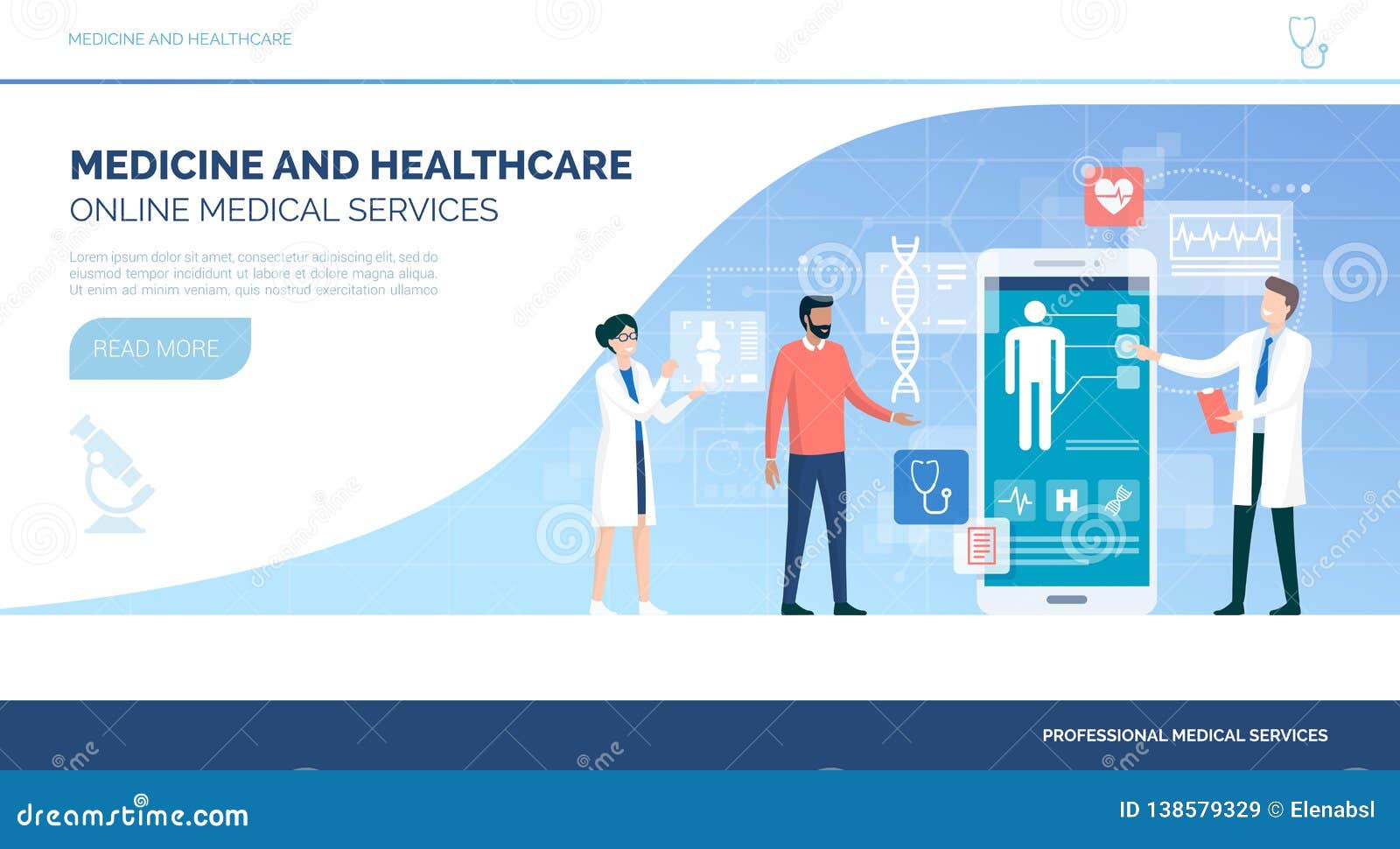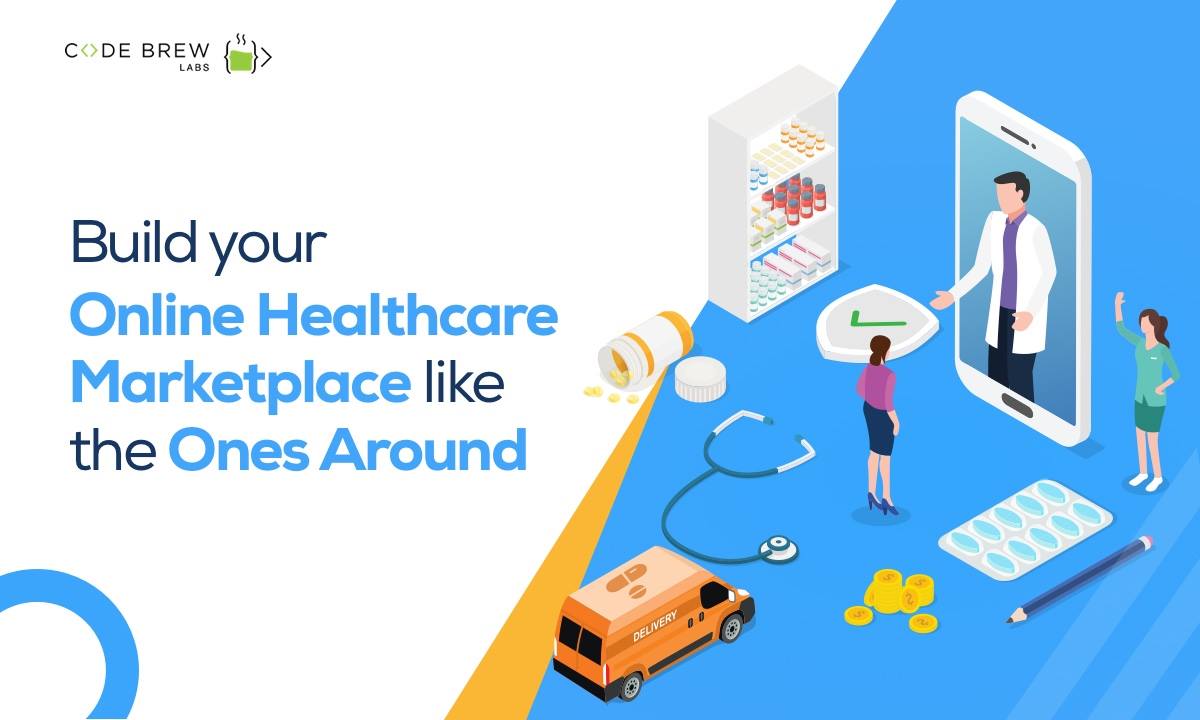The Increase of Subscription-Based Medical Care and Its Influence On Client Treatment
As medical care develops, the subscription-based model is obtaining grip, assuring to revolutionize person treatment by offering predictability and availability. These models, which bypass conventional insurance policy, can redefine the patient-doctor dynamic, emphasizing personalized and preventive treatment. As with any kind of development, they present challenges, particularly worrying equitable access for all socioeconomic teams. The possibility for these designs to reshape health care distribution elevates pushing questions about their lasting sustainability and inclusivity. Are these registration solutions the future of medical care, or do they take the chance of leaving prone populations behind? The complexities of this change warrant a more detailed assessment.
Comprehending Membership Medical Care Models
Realizing the idea of registration health care versions entails examining a transformative technique to medical solutions that stresses affordability and access. These versions, usually referred to as direct health care (DPC) or attendant medication, have emerged as cutting-edge options to typical fee-for-service health care systems. Registration health care permits patients to pay a fixed regular monthly or yearly fee for a defined collection of clinical solutions, which may include endless workplace check outs, regular check-ups, and standard lab tests, without the need for standard insurance policy billing.
The structure of membership healthcare versions is designed to streamline client treatment by removing third-party payers and intricate payment codes, thereby minimizing administrative concerns. Doctor can concentrate much more on individual treatment, cultivating stronger patient-provider relationships. This version also promotes preventative care by motivating routine brows through, as the economic challenge of per-visit fees is removed.
The membership model frequently equips health care providers to manage smaller patient panels, permitting more personalized care. It aligns financial rewards with patient health and wellness outcomes, as carriers are encouraged to preserve client contentment and health. Overall, recognizing membership health care models calls for identifying their possible to reshape just how care is supplied and accessed.
Benefits for Providers and people
For suppliers, subscription-based versions provide the chance to strengthen patient-provider partnerships. With a steady profits stream, healthcare experts can commit more time to each patient, resulting in a much more tailored and comprehensive treatment experience. This design likewise decreases dependence above individual quantities, easing fatigue and boosting work complete satisfaction. Additionally, the emphasis on preventive treatment within registration strategies can result in better individual end results and lowered lasting health care expenses. By concentrating on constant treatment, companies can resolve issues prior to they intensify, inevitably benefiting the healthcare system overall by lowering the burden on emergency situation and severe care solutions.
Worries and challenges
While subscription-based medical care designs existing many benefits, they likewise come with a set of challenges and worries that have to be resolved. This elevates moral inquiries regarding equitable accessibility to health care solutions.
Financial sustainability of subscription-based versions is another issue. Carriers have to balance the set revenue from registrations with the variable prices of medical care services, which important source may fluctuate as a result of unforeseen clinical demands. This can develop pressure to limit services or increase costs, potentially impacting individual contentment and care high quality.
Additionally, governing oversight of subscription-based healthcare models is still progressing. The lack of standardized frameworks can lead to inconsistent service quality and liability, making complex initiatives to make sure client defense. The integration of modern technology-- often a foundation of these models-- increases concerns regarding data privacy and protection, as sensitive client info could be at risk to breaches. Dealing with these difficulties is crucial for the successful and fair application of subscription-based medical care.
Effect On Patient-Doctor Relationships
One considerable influence of subscription-based medical care versions on patient-doctor relationships Extra resources is the capacity for enhanced continuity and customized care. By embracing a membership version, physicians can take care of a smaller sized client panel, permitting even more specialized time with each individual. This raised availability fosters a much deeper understanding of a patient's case history, way of living, and preferences, allowing much more tailored treatment plans and interventions.

Nonetheless, it is necessary to identify that while subscription-based versions might benefit those that can afford them, they can accidentally broaden health care disparities. People who are unable to join these versions might experience lower access to personalized treatment, possibly affecting their relationships with doctor. Hence, while the membership version uses encouraging advantages for patient-doctor partnerships, it also positions challenges that require to be resolved to make sure equitable health care access.
Future of Health Care Access

The function of innovation can not be overlooked in this transformation. Telemedicine platforms and electronic wellness records assist in seamless interaction between patients and doctor, breaking down logistical and geographical obstacles. Additionally, advancements in man-made knowledge and data analytics can even more individualize clinical care by predicting client demands and optimizing therapy plans.
However, the future of health care gain access to additionally presents challenges, such as guaranteeing equity across various socio-economic teams. Policymakers and doctor must collaborate to bridge the electronic divide, making sure that subscription-based designs continue to be budget friendly and comprehensive. As these systems mature, they hold the guarantee of making healthcare more available, efficient, and patient-centric.
Final Thought
Subscription-based health care designs are improving individual care by giving a secure expense structure and boosting accessibility. The rise of subscription-based health care urges aggressive patient interaction, which has the possible to boost person end results and contentment, signaling a transformative shift in healthcare delivery.
As healthcare develops, the subscription-based model is gaining traction, guaranteeing to change person treatment by providing predictability and access.Subscription-based medical care versions use distinctive benefits for both individuals and providers, improving the general health care experience.As health care systems develop, the future of healthcare accessibility regularly pivots on the combination of ingenious models and modern technologies.Subscription-based medical care designs are reshaping person treatment by offering a stable price structure and boosting accessibility. The increase of subscription-based healthcare urges proactive person involvement, which has the potential to boost individual end results and complete satisfaction, signifying a transformative change in health care shipment.